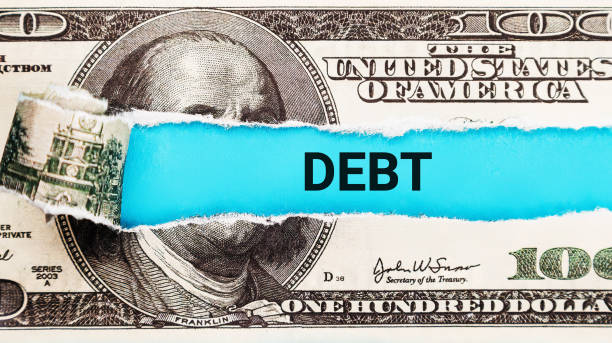Understanding the Texas Probate Process
The Texas probate process is a legal procedure that occurs after a person passes away, aimed at settling their estate and addressing any debts. This process involves validating the deceased's will, appointing an executor, and ensuring that all financial obligations are met before distributing the remaining assets to heirs.
In Texas, probate can vary in complexity depending on the size of the estate and whether there is a valid will. For instance, smaller estates may qualify for simplified procedures, while larger ones may require extensive court involvement. Understanding these nuances is crucial for navigating probate efficiently and ensuring compliance with state laws.
Debts and Liabilities in Texas Probate
When a person dies, their debts do not simply vanish; instead, they become liabilities of the estate during the probate process. Creditors may file claims against the estate to recover what is owed, which the executor must address before any distributions to beneficiaries can occur.
In Texas, certain debts, such as mortgages and credit card balances, must be settled using estate assets. However, if the estate lacks sufficient funds, some debts may go unpaid, impacting the heirs' inheritances. Understanding how debts are prioritized in probate can help families plan accordingly.
Executor's Role in Managing Debts
The executor plays a pivotal role in managing the deceased's debts during probate. This individual is responsible for identifying all outstanding liabilities, notifying creditors, and ensuring that debts are settled according to Texas law before distributing assets to beneficiaries.
Executors must act diligently and transparently, keeping accurate records of all transactions and communications with creditors. Failure to properly manage debts can lead to personal liability for the executor, making it essential for them to understand their responsibilities and seek legal guidance when necessary.
Common Questions About Probate and Debts
Many individuals have questions regarding how debts are handled in probate. Common inquiries include whether heirs are responsible for the deceased's debts and how creditors can claim against an estate. Addressing these questions provides clarity and reassurance to families navigating this challenging time.
For example, heirs are generally not personally liable for the deceased's debts unless they co-signed or guaranteed those debts. Understanding these distinctions can help alleviate concerns and guide families in making informed decisions during the probate process.

